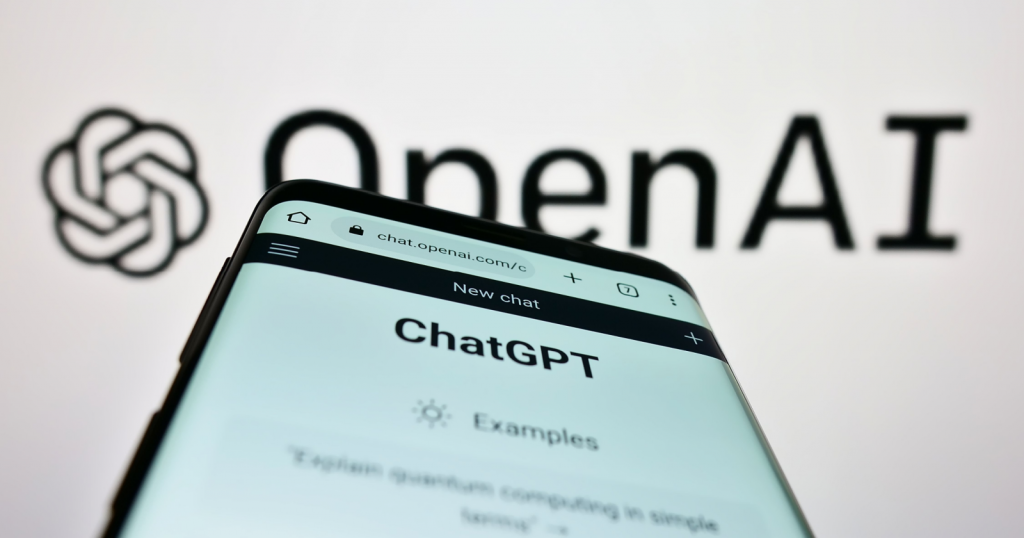AI has quickly gained popularity and is delivering some of the most advanced language models capable of generating high-quality text on a wide range of topics, assisting with tasks such as language translation, text summarization, and generating natural-sounding responses.
But this didn’t mean that using it resulted in revenue gains or increased productivity. But, the conclusion of a recent study made by the National Bureau of Economic Research seems to say otherwise.
The study tracked the results of a staggered introduction of an AI-based conversational assistant using data from 5,179 customer support agents. The result is a 14% boost in issues resolved per hour. “AI assistance improves customer sentiment, reduces requests for managerial intervention, and improves employee retention.” the study’s authors, Erik Brynjolfsson, Danielle Li Lindsey, and R. Raymond, conclude.
Novice and low-skilled workers were the most affected individuals whereas experienced and highly skilled workers had minimal impact on them. That’s because the AI model “disseminates the potentially tacit knowledge of more able workers and helps newer workers move down the experience curve. Analyzing the text of agent conversations, we find suggestive evidence that AI recommendations lead low-skill workers to communicate more like high-skill workers.”
“Professionals who can adeptly harness the capabilities of large language models, such as OpenAI’s GPT-4, will undoubtedly gain a competitive advantage over those who do not embrace these cutting-edge advancements,” says Egor Nazarov, chief marketing officer at Soter Analytics. “Progressive organizations will leverage AI to unlock their workforce’s full potential, whereas regressive companies may choose to eliminate positions in response to automation.”
“Generative AI, like disruptive innovations before it, enables humans to do things faster and often better,” says Cliff Jurkiewicz, vice president of global strategy for Phenom. “The line between non-technical and technical is irrevocably blurred. There are few roles where technology doesn’t or can’t play its part.”
Professionals need to embrace generative AI “as a co-pilot or cobot,” says Jurkiewicz. “The risk of not learning the skills to drive generative AI may very well be similar to resisting a personal computer over a typewriter. At some point, this technology will become essential to one’s work. We’re not there yet, but we will be in the near-term future. Responsibly embracing it early means an advantage when the skills in using the technology become necessary.”
“Large language models, including Google Bard and Microsoft Bing, are beginning to encroach upon organic search traffic, particularly for unbranded searches,” says Nazarov. “The dynamics of search engine optimization are changing as machine learning influences content discovery and ranking. For example, Bing consults its index and subsequently channels results through GPT-4 to generate coherent responses. OpenAI updates its model by crawling the web on an annual basis.”
Generative AI tools within enterprises “should be viewed as a co-pilot or cobot for knowledge workers,” says Jurkiewicz. “Organizations should adopt a balanced approach to implementing AI by combining the strength of the technology with human intuition, expertise, and judgment — keep humans in the loop.”
Hence, even experienced and skilled workers should accept the generative AI and use it as a sort of assistant or a cobot since you need to get yourself accustomed to new and upcoming tech.

